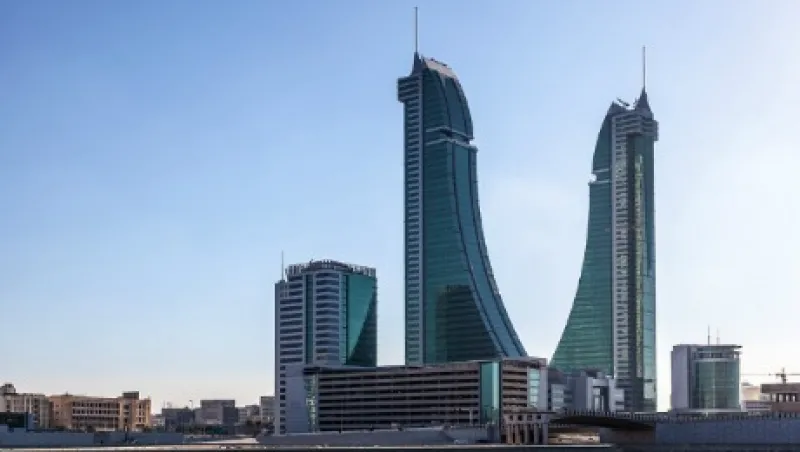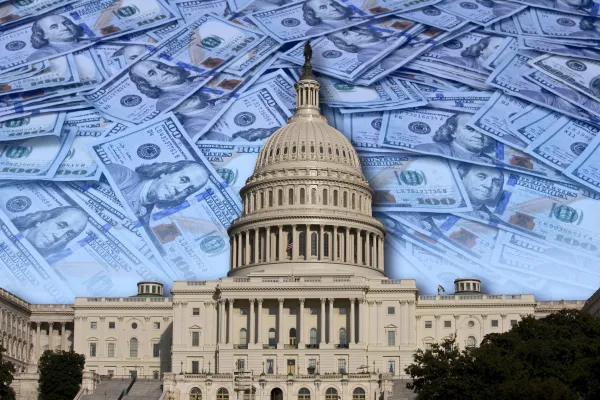The January execution of a prominent Shia cleric by Saudi Arabia inflamed sectarian tensions across the Middle East and provoked a rupture in relations between Riyadh and Tehran. Few countries are as vulnerable to the passions as Bahrain.
Sandwiched between Saudi Arabia and Iran, the Gulf island nation has long been caught in a tug-of-war between the feuding regional powerhouses and the strands of Islam they represent. Bahrain doesn’t just sit on the region’s Sunni-Shia fault line; it embodies it. King Hamad bin Isa Al Khalifa heads a Sunni monarchy that rules uneasily over a largely Shia population.
Those tensions erupted five years ago, when protesters, inspired by the Arab Spring uprisings in Tunisia and Egypt, took to the streets to demand sweeping democratic reforms. The government accused Iran of inciting the demonstrations and welcomed the deployment of Saudi troops in the capital, Manama, to buttress the monarchy. After a month of mass protests, the government unleashed a brutal crackdown that left dozens dead and thousands injured and imprisoned. Since then an uneasy calm has prevailed, with sporadic small protests taking place in Shia villages.
The furor over the execution of Sheikh Nimr al-Nimr threatens to blow the lid off Bahrain’s fragile peace. The sheikh rose to prominence during the Arab Spring by campaigning for greater rights for the Shia population in eastern Saudi Arabia. After being shot in the leg and arrested at a rally in 2012, Nimr was convicted of disloyalty to the House of Saud — seeking “foreign meddling” in Saudi affairs and inciting sectarian discord.
After the execution was announced, protesters attacked the Saudi embassy in Tehran and set the building ablaze with Molotov cocktails. Within 48 hours Saudi Arabia had severed diplomatic ties with longtime rival Iran. As a staunch Saudi ally, Bahrain quickly followed suit, along with the United Arab Emirates and Sudan. Outraged Bahraini Shia took to the streets. While some marched peacefully holding images of Nimr, others set fire to cars and clashed with police.
“There were some skirmishes and protests here and there, especially in Shia villages,” Jasim Husain, a former member of Parliament for Al Wefaq National Islamic Society, the largest Shia opposition party, told Institutional Investor a week after the demonstrations. “But now the streets are generally fine.”
Western countries sought to promote a political reconciliation between Bahrain’s regime and the Shia population in the aftermath of the 2011 turmoil, but they abandoned those efforts because of the rise of radical Islamic group ISIS in Iraq and Syria. “Most of the Gulf states, including Bahrain, have gained a lot of diplomatic leverage over the United States because now the U.S. needs their cooperation on combating these threats,” explains Justin Gengler, a senior research fellow at Qatar University.
The rise in political tensions could carry an economic cost to Bahrain, analysts say. By severing relations with Tehran, the government has chosen to close off potential trade opportunities in favor of preserving its relationship with Saudi Arabia. “With the nuclear deal and sanctions being lifted, countries close to Iran could benefit from trade,” Husain says.
Ravi Shankar Chaturvedi, a research fellow at Tufts University, agrees. “Bahrain’s best interest in the medium term is to deepen economic ties with both Iran and Saudi Arabia if it wants to realize its dreams of becoming the Singapore of the Middle East,” he says. “If it needs inspiration, it need not look far beyond its own neighborhood. Dubai is already well on its way there.”
Follow Jess Delaney on Twitter at @jdelaney_NYC.






